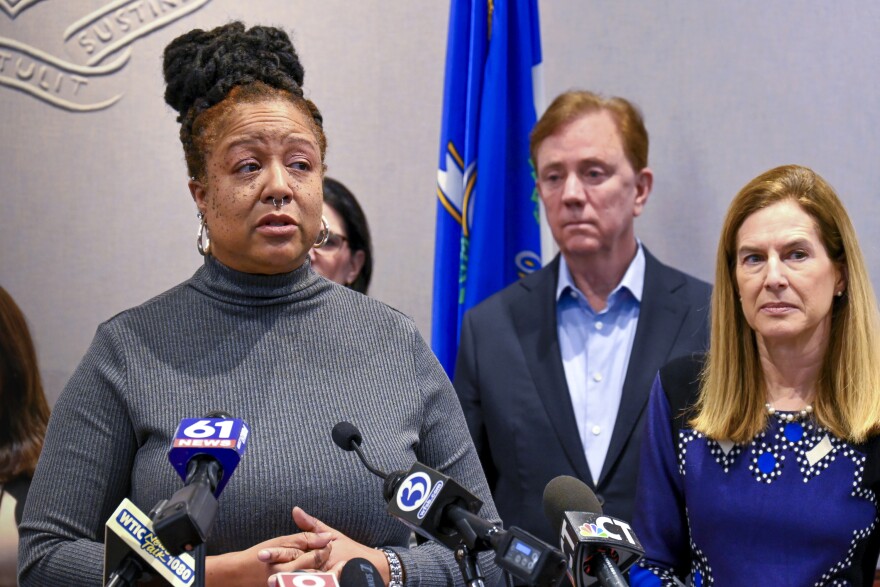Gov. Ned Lamont is proposing legislation aimed at allowing birth centers to open and operate independently as an alternative to hospitals for low-risk pregnancies and deliveries.
Lt. Gov. Susan Bysiewicz said that if passed, S.B. 986: An Act Protecting Maternal Health will fill the gaps left by labor and delivery unit closures at hospitals statewide.
“We have a situation where hospitals in northwestern Connecticut, Sharon Hospital, these hospitals in northeastern Connecticut, have said that they don't want to provide maternity care anymore,” Bysiewicz said. “I've talked to moms in Windham that couldn't deliver their baby in Windham Hospital; they had to go to Manchester. And what if something happened along the way?”
According to the Centers for Disease Control and Prevention, pregnancy-related deaths increased more than twofold from 1987 to 2018. American Indian, Alaska Native, and Black women are up to three times more likely to die of pregnancy-related causes compared to white women.
Connecticut currently doesn't have a licensing category for birth centers, said Dr. Manisha Juthani, the commissioner of the Department of Public Health.
“The whole point of this bill is to give the Department of Public Health that framework and the infrastructure for us to be able to create the licensing category,” she said.
The Connecticut Hospital Association (CHA), in its testimony on the bill submitted to the Public Health Committee, supports several components of the proposal, including the certification of doulas, the expansion of home visiting services to promote maternal and child health, and the creation of an Infant Mortality Review Committee.
But CHA’s Nicole Rall told Connecticut Public that the organization is concerned that the bill does not require the state to put in place regulations, as other states have done, for birthing centers.
“We believe that a regulatory step is vital to protect patients,” she said.
The bill would license free-standing birth centers, create a certification pathway for doulas, and create an Infant Mortality Review Program at the Department of Public Health to study infant deaths. It would also direct state agencies to develop a statewide program for universal infant nurse home visiting, building on a pilot program in Bridgeport to offer care and services early in an infant’s life.






